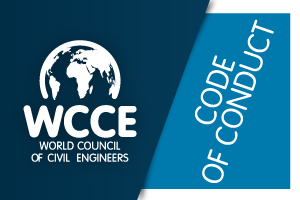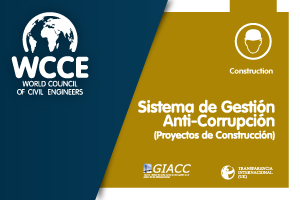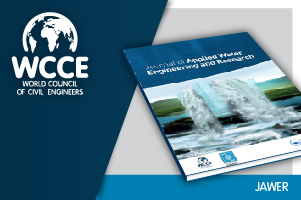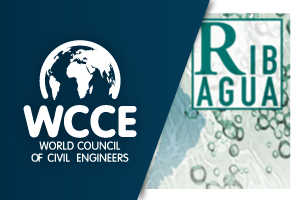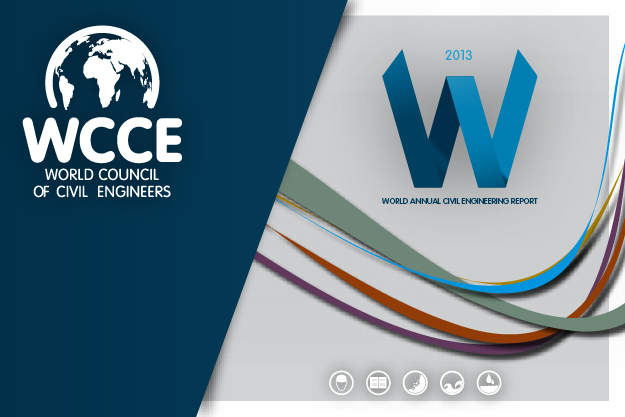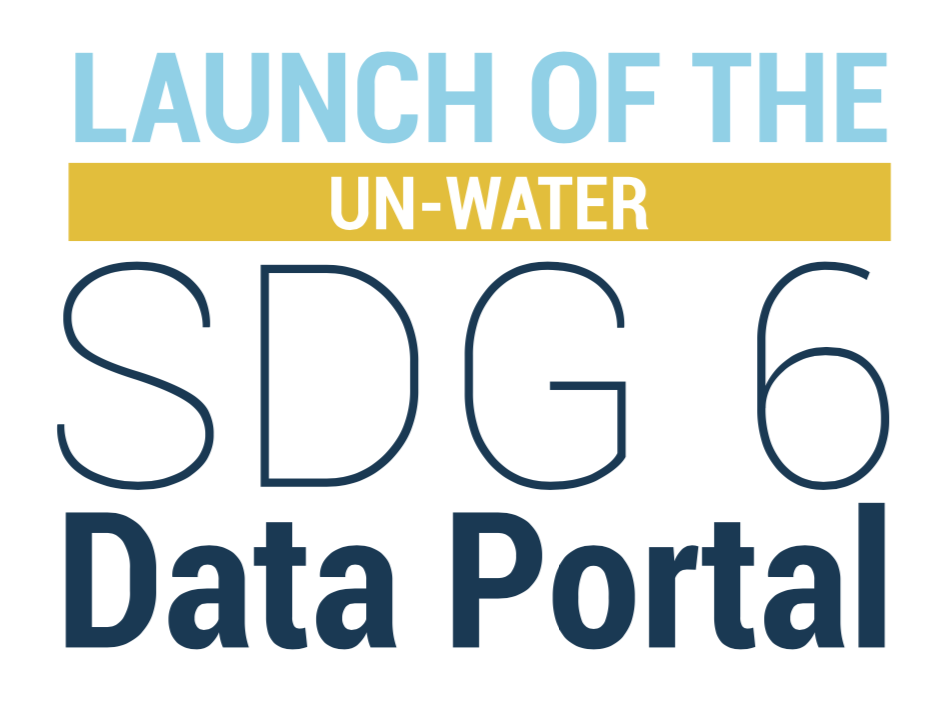Vis-à-vis the social, cultural, economical and especially technological changes in the last few decades, the civil engineering education approach adopted by most universities appears to be somewhat outdated. It is feared that engineers graduating today carry neither the desirable qualifications of the civil engineer of the last century nor they seem to be properly trained for the civil engineering applications in the coming decades.
ECCE – The European Council of Civil Engineers has formed a Task Force to investigate into the problem mentioned and to develop improvement proposals if possible. A position paper will then be issued to reflect the views of the Council formulated on the basis of the findings of the investigation.
At the first stage of the work, a Problem Identification Survey is being carried out in the participating countries. The survey consists of four parallel questionnaires designed to complement each other; one for the civil engineering faculty, one for the civil engineering senior students (fourth and/or last year), a third one for the practicing civil engineers and the last one for the administrators of the civil engineer employing companies.
The coordinator of the project has proposed to convert the work into a joint WCCE – ECCE project, so that WCCE member countries can also participate in the work and enrich the outcome of the project. This proposal awaits the approval of the WCCE General Assembly. WCCE member countries will immediately be invited to participate in the project activities, if the proposal is accepted.


